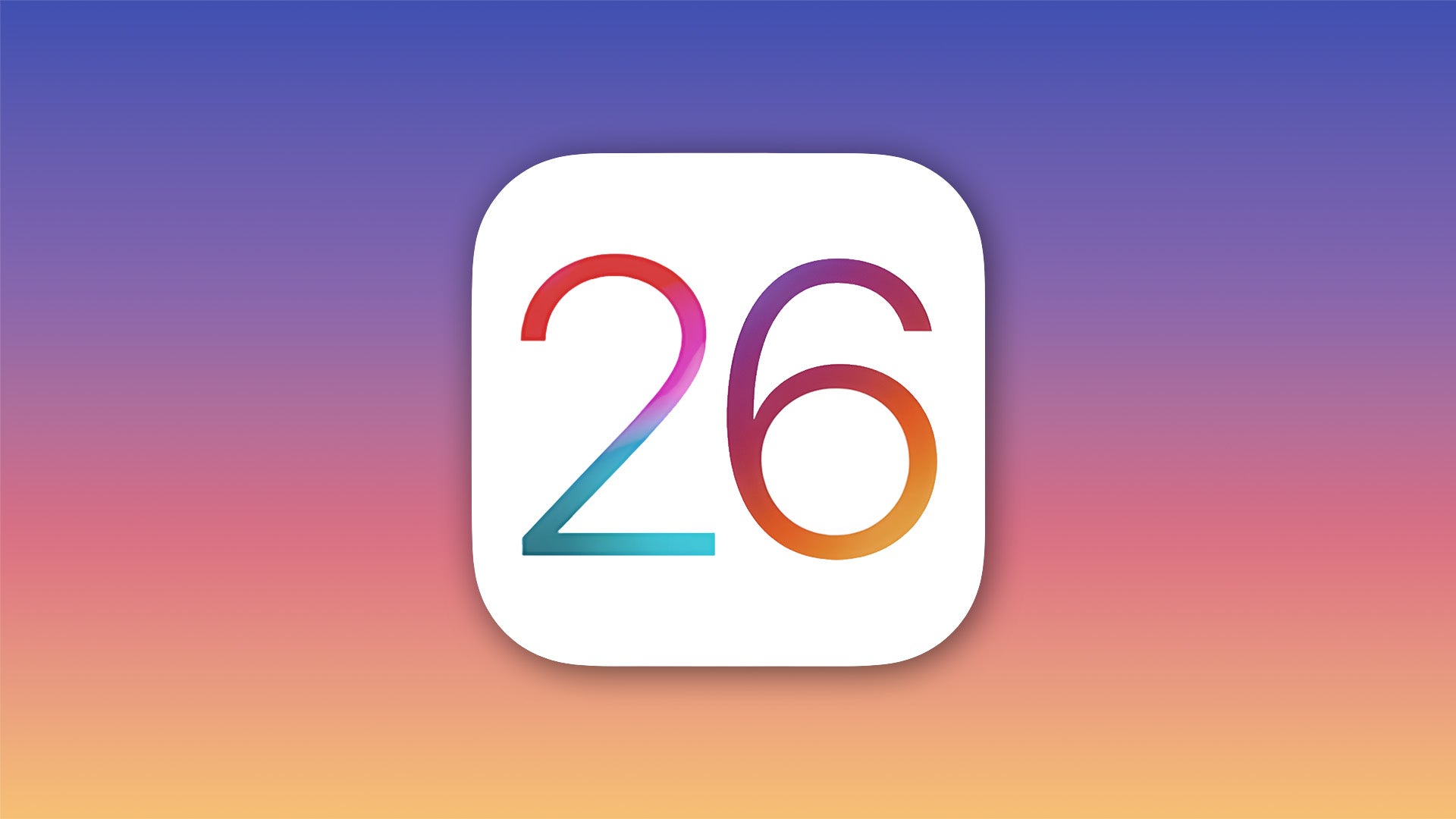Porn sites probed for allegedly failing to prevent minors from accessing content
Four porn sites are being investigated by the European Commission under its Digital Services Act (DSA) for allegedly failing to verify its users' ages properly.

Four porn sites are being investigated by the European Commission under its Digital Services Act (DSA) for allegedly failing to verify its users’ ages properly.
The Commission, which drafts and enforces the European Union’s laws, is focusing the lens on Pornhub, Stripchat, XNXX, and XVideos with the investigation. It launched the inquiry after sending requests for information to Pornhub, Stripchat and XVideos last June over how they were protecting minors.
The DSA, which came into force in November 2022, takes a strong position on who should be allowed to view adult material online. The Act singles out very large online platforms (VLOPs), which are online sites that have over 45 million users.
Article 28 of the Act directs these platforms to:
“…appropriate and proportionate measures to ensure a high level of privacy, safety, and security of minors, on their service.”
And article 35 mandates that VLOPs take:
“…targeted measures to protect the rights of the child, including age verification and parental control tools, tools aimed at helping minors signal abuse or obtain support, as appropriate”.
The investigation follows the Commission’s publication of draft guidelines for the protection of minors online for all VLOPs (not just adult ones) earlier this month. These guidelines included implementing age verification measures. The Commission is inviting public feedback on that consultation by June 10.
Age verification in the US
This isn’t the first time that large adult sites have had to deal with this issue. Multiple US states have passed legislation requiring age verification for the sites, prompting Pornhub to block access to its services there. Pornhub chose to do that rather than comply with the age verification process because, it said, it didn’t want to invade peoples’ privacy:
“There are multiple ways that a user can prove their age, but any effective method requires them to submit some form of personally identifiable information (“PII”), like a driver’s license. By assigning this responsibility to the platform(s) visited by a user, this means submitting private information many times to adult sites all over the internet, while normalizing disclosure of PII across the internet. This is not a privacy-by-design approach.”
Pornhub also argued that its traffic dropped by 80% when it did try imposing age checks, and suggested that if asked for age verification, users will simply get adult material from other sources including piracy sites.
Verifying age safely
The Commission is planning to release a Digital Identity Wallet for identification purposes by the end of next year. In the meantime, it has promised an age verification app based on the same technology as the wallet by this summer. That app will enable people to verify their age without giving away any other personal information, it says.
Categorization as a VLOP under the DSA carries substantial risks. Those that don’t comply with the DSA face fines totaling up to 6% of their annual global revenue, and could even be banned from operating in the EU. In March 2024, Pornhub, XVideos and Stripchat sued the EU over their designations. Pornhub argued that the Commission miscalculated its user numbers, and contested a requirement to build a publicly accessible repository of advertisements running on the platform.
When announcing the investigation, the EU said month that that it is removing Stripchat as a VLOP because it doesn’t have enough EU users to qualify. That means it won’t have to comply with those requirements after September.
However, that doesn’t mean that Stripchat, or other smaller adult sites, are off the hook. The EBDS also announced an initiative to coordinate monitoring and control of these platforms among national regulators, it said. That includes sharing information about monitoring and enforcing age verification measures on those sites.
We don’t just report on threats – we help safeguard your entire digital identity
Cybersecurity risks should never spread beyond a headline. Protect your—and your family’s—personal information by using identity protection.






























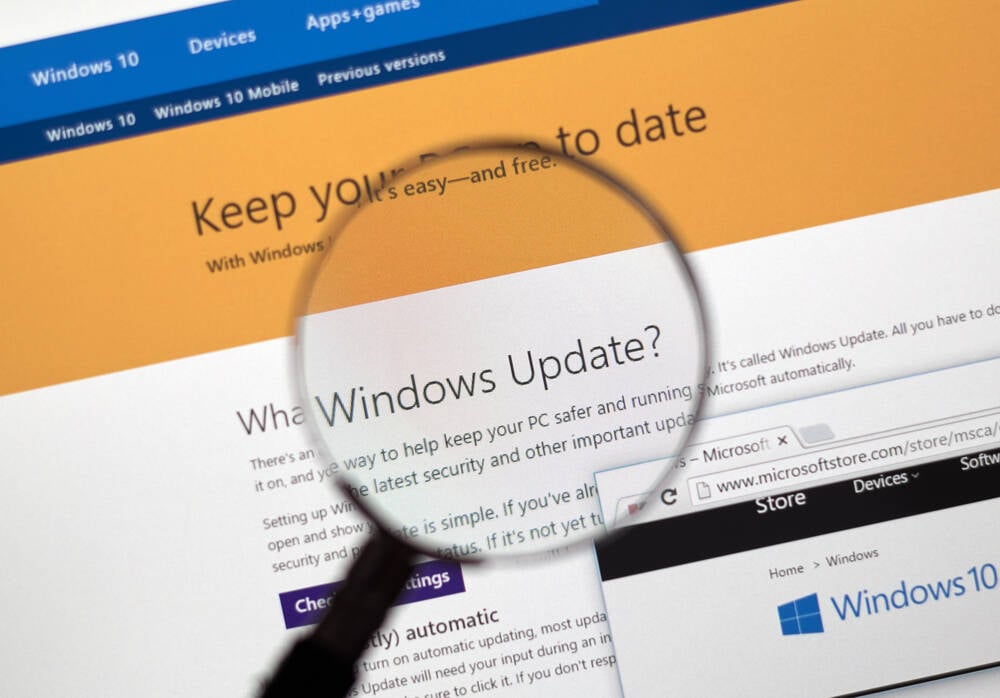
















































































































































![[The AI Show Episode 150]: AI Answers: AI Roadmaps, Which Tools to Use, Making the Case for AI, Training, and Building GPTs](https://www.marketingaiinstitute.com/hubfs/ep%20150%20cover.png)
![[The AI Show Episode 149]: Google I/O, Claude 4, White Collar Jobs Automated in 5 Years, Jony Ive Joins OpenAI, and AI’s Impact on the Environment](https://www.marketingaiinstitute.com/hubfs/ep%20149%20cover.png)









































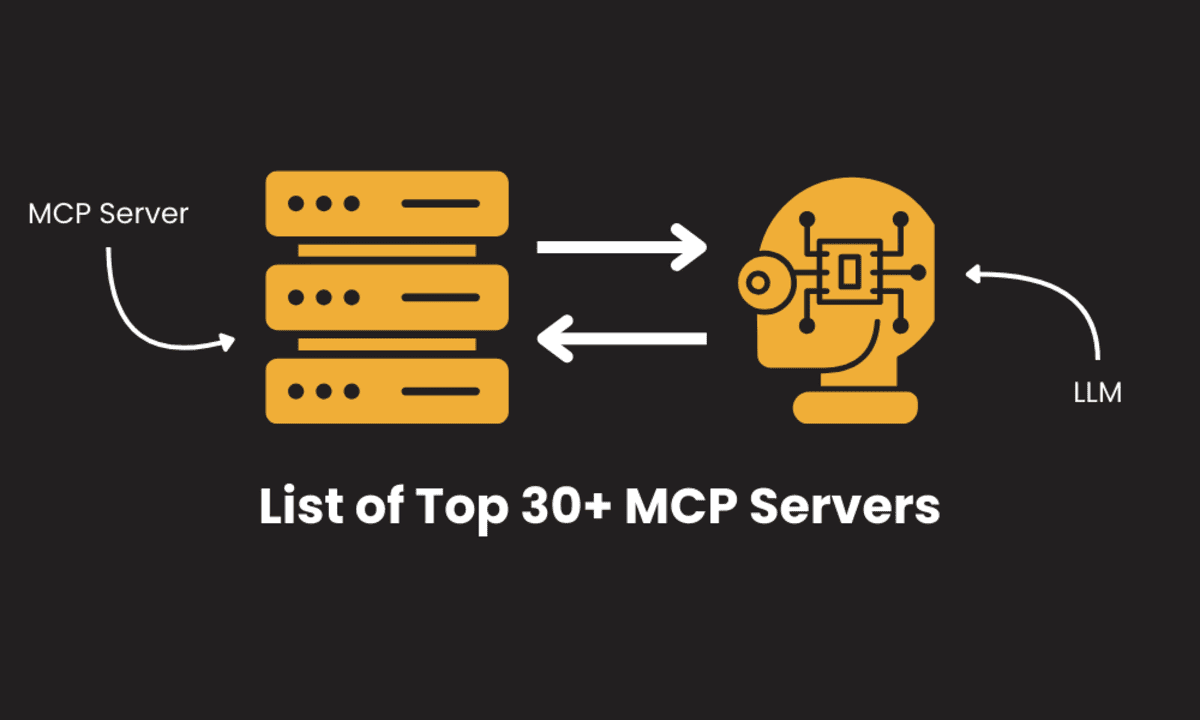





















































































![[PHP] Upgrading from PHP 7.4 to 8.1](https://media2.dev.to/dynamic/image/width%3D1000,height%3D500,fit%3Dcover,gravity%3Dauto,format%3Dauto/https:%2F%2Fdev-to-uploads.s3.amazonaws.com%2Fuploads%2Farticles%2Fqmaaabplfbcjejg2rr5n.png)










































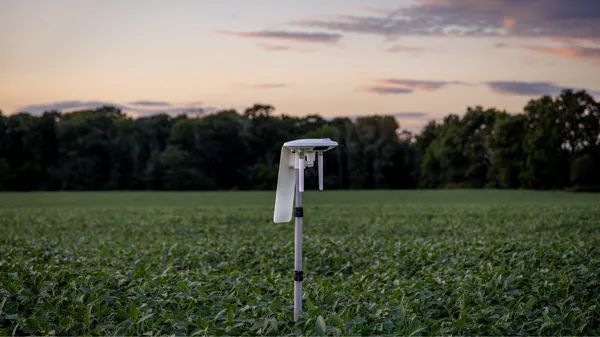
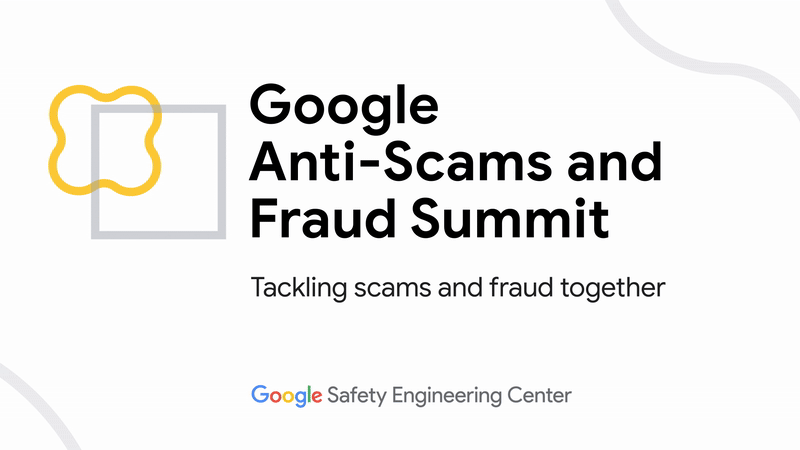


























































































_ArtemisDiana_Alamy.jpg?width=1280&auto=webp&quality=80&disable=upscale#)





































































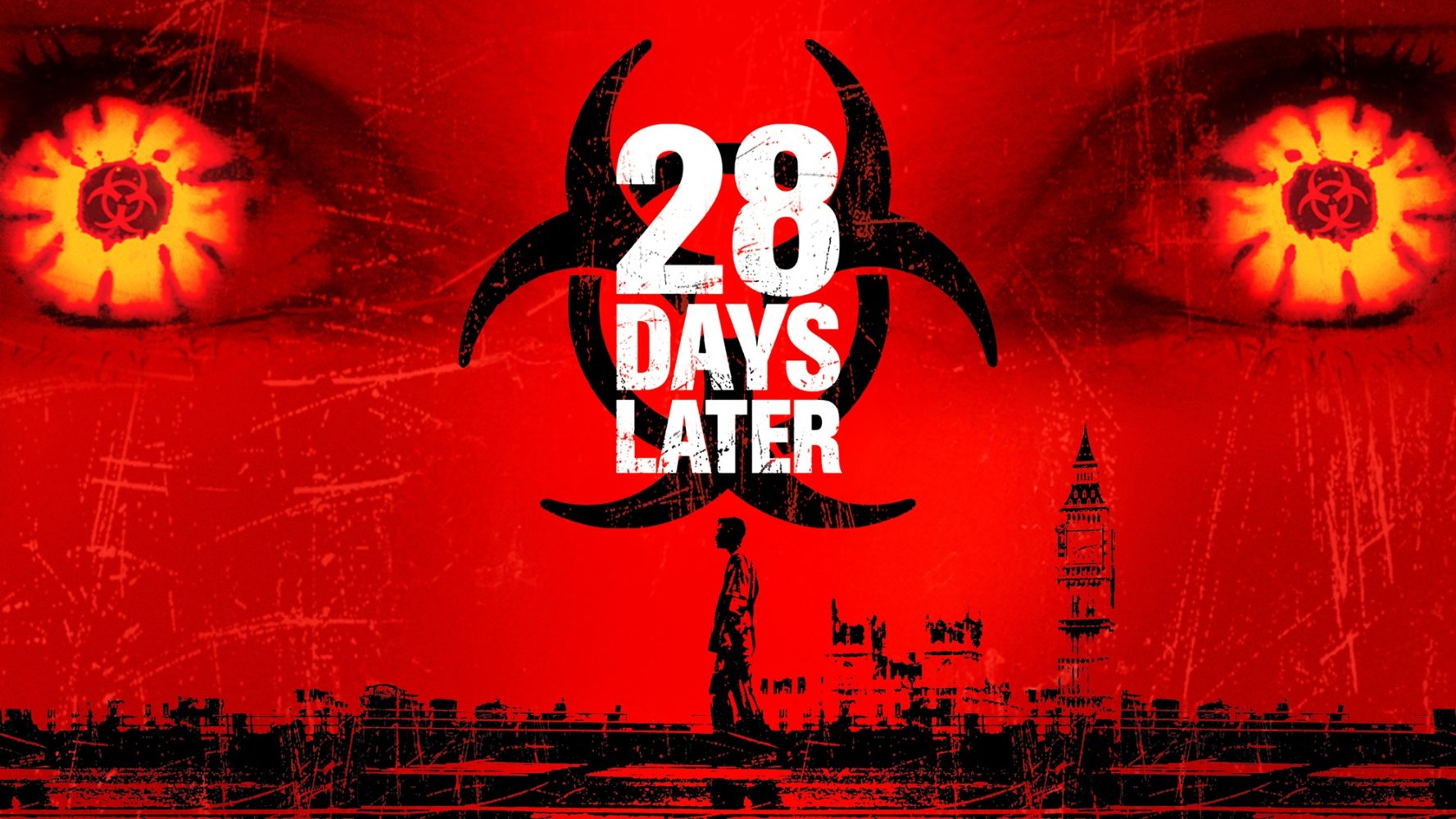














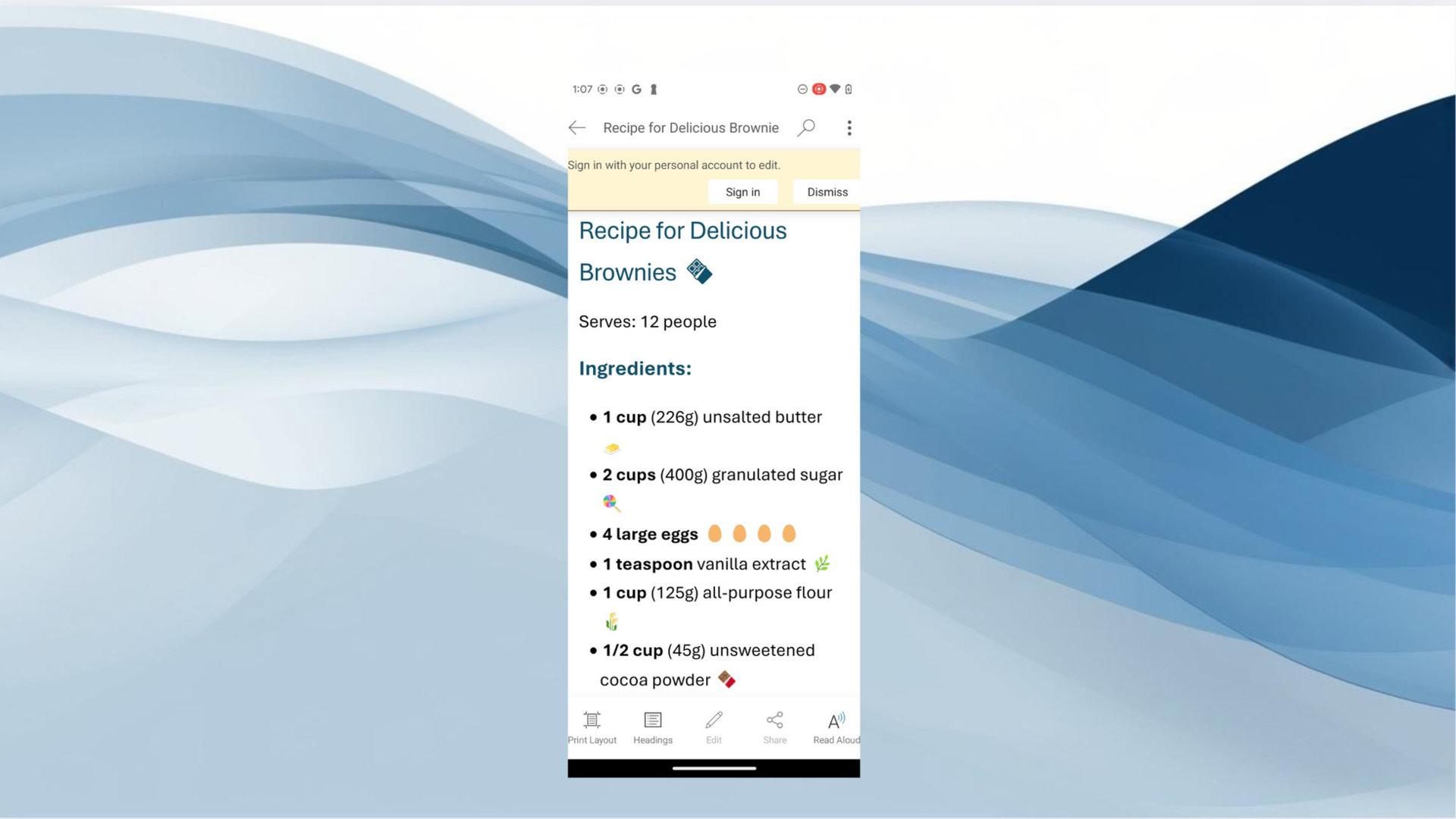







![Google TV is finally preparing sleep timer support as app readies Material 3 Expressive [Gallery]](https://i0.wp.com/9to5google.com/wp-content/uploads/sites/4/2024/01/google-tv-logo.jpg?resize=1200%2C628&quality=82&strip=all&ssl=1)













![Apple Shares Official Trailer for 'Smoke' Starring Taron Egerton [Video]](https://www.iclarified.com/images/news/97453/97453/97453-640.jpg)
![Apple's M4 Mac Mini Drops to $488.63, New Lowest Price Ever [Deal]](https://www.iclarified.com/images/news/97456/97456/97456-1280.jpg)


















































